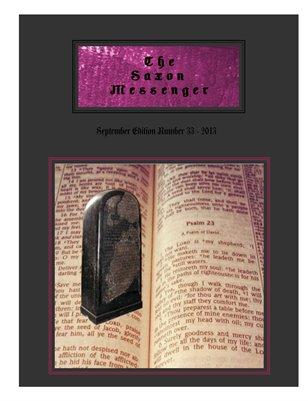Explaining Two-Seedline, Part 4: Pragmatic Genesis
A discussion of Genesis chapter 3, through Genesis 3:7. Materials used in this program are found in the essays Shemitic Idioms and Genesis Chapter Three by William Finck and Special Notice to All Who Deny Two-Seedline, #5 by Clifton Emahiser.











 Please click here for our mailing list sign-up page.
Please click here for our mailing list sign-up page.








Recent comments